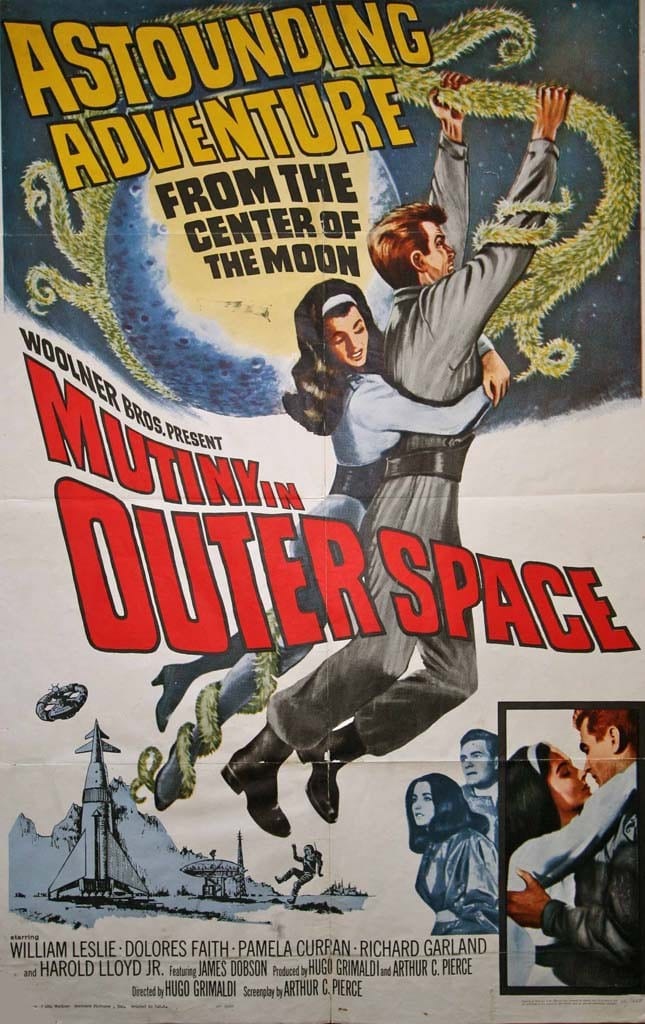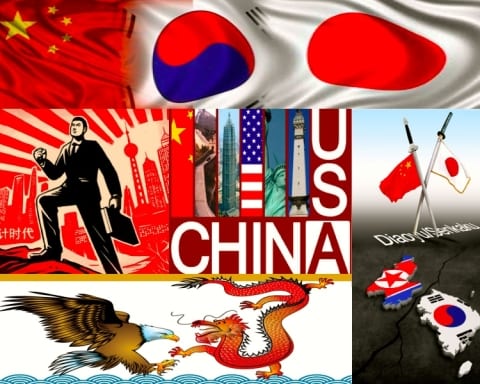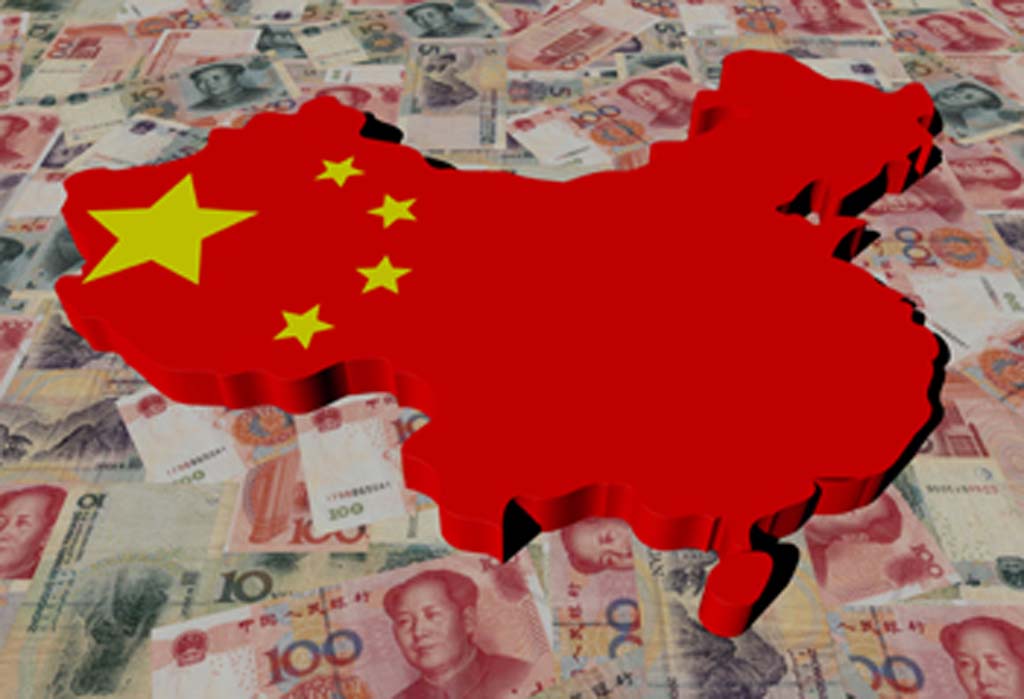While not an altogether new phenomenon, the nature of the US’ democratic system in terms of its responsiveness to the needs of its citizens has been given considerable attention in recent years. Coinciding with this is the emergence of new challenges to the existing system. The Occupy Wall Street movement was an example of citizens protesting the actions of the US government in handling the financial crisis. Riots, such as those in the wake of the police shooting in Ferguson, Missouri speak to the racial tension existing there, but also have the political element of expressing anger at the government’s inability to provide necessary access to due process, life, and economic security. Internationally, the US’ democratic system, and the intertwined capitalistic policies has been recently scrutinized with groundbreaking works such as “Capital in the 21st Century” by French economist Thomas Picketty. Testament to the change in dialogue, US domestic discourse now regularly features phrases including “the 1%”, the “one-percenters” or similar terms to emphasize a separation between the average citizen and those who are seen to hold power.
In particular, this article will analyze and contextualize a recent peer-reviewed publication that has generated considerable debate in the US. “Testing Theories of American Politics” is a study by Martin Giles of Princeton University and Benjamin I. Page of Northwestern University and was published in the academic journal Perspectives on Politics. In the paper, the authors state, “When the preferences of economic elites and the stands of organized interest groups are controlled for, the preferences of the average American appear to have only a miniscule, near-zero, statistically non-significant impact upon public policy.” Subsequently discussed in interviews, the authors state that the US is less of a democracy and is closer to an oligarchy. Certainly this is not a revelation to the vast majority of analysts of the US political system, but what is unique about this study and the reason it has been given large amounts of attention is its methodology, specifically its data set. Where as previous empirical evidence has analyzed the different actors within the US system in a bivariate sense, the authors have created a single statistical model to measure the different actors against each other to provide a complete systemic analysis of the actors in the US political system.
To begin, the authors create four ideal-type theories, each representing an actor, to measure against each other. The first theory is the Majoritarian Electoral Democracy, which is said to represent the average citizen, or as articulated by Harold Hotelling, the “median voter”. The second theory is Economic Elite Domination, which is emphasized by the authors to represent the economic elites specifically, rather than those with elite social status. The third theory is Majoritarian Pluralism (which follows what James Madison outlines in the Federalist papers) with the actors involved being organized interest groups that represent the interests of all citizens. The final theory is that of Biased Pluralism, which is similar to Majoritarian Pluralism, but views organized interest groups as being representative of corporations, business associations, and professional groups. To test these theories, Gilens created a data set of 1,779 policy cases ranging from instances between 1981 and 2002. Each was a favor/oppose national survey of the general public about a proposed policy change. In order to account for the incomes of the respondents, the opinions of the respondents were divided into the 10th income percentile, 50th percentile, and the 90th percentile of income.
Testing the ideal types with this data allows for a comparative analysis of each type against each other. The results found are that the Majoritarian Electoral Democracy theory and the Majoritarian Pluralism theory have almost no empirical impact on the policy cases. Consequently, the arguments underlying them that the average citizen is represented or that the citizens are represented by interest groups are substantially undermined. The Biased Pluralism receives some limited support, suggesting that interests groups for corporations have an impact on policy. However, it is the theory of Elite Domination that receives the biggest support. Thus, we are left with the evidence that economic elites have overwhelming control of US policies to the extent that average citizens have no impact on the policies of their country.
What do these findings mean for the average US citizen? Certainly it gives ammunition to those who decry the current state of political affairs in the US and argue that the system is broken. These findings can also be interpreted as providing a bridge between economic and political critiques. Empirical evidence can now be provided to show that financial wealth is directly correlated with political representation in the US, despite the trappings of a democracy. In turn, the bridge between the two creates common ground to bring differing critical groups together in their pushes for change. What change should be sought and how to go about bringing such change should be the topic of future research, and more importantly, of future discussions among the average citizens of the US. Wherever the discussion goes, it is now clear that the fundamental relationship between those with economic power, the average citizen, and democratic institutions must be critically examined together.












